Why don't games feel the same anymore? I have some thoughts
It’s a complex issue that’s been a source of debate among gamers and game developers alike.
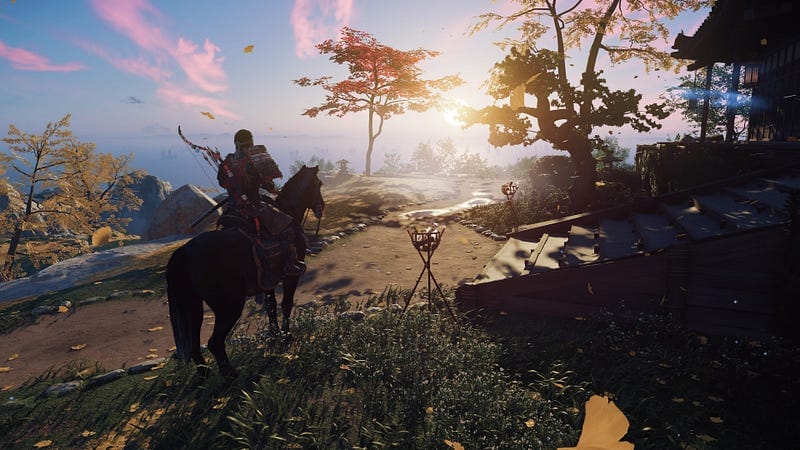
There’s no denying that video games have come a long way. From the simple joys of playing on a GameBoy to the immersive experiences offered by high-performance PCs and next-gen consoles like the PS5 and Xbox Series X, the evolution of games is nothing short of remarkable..
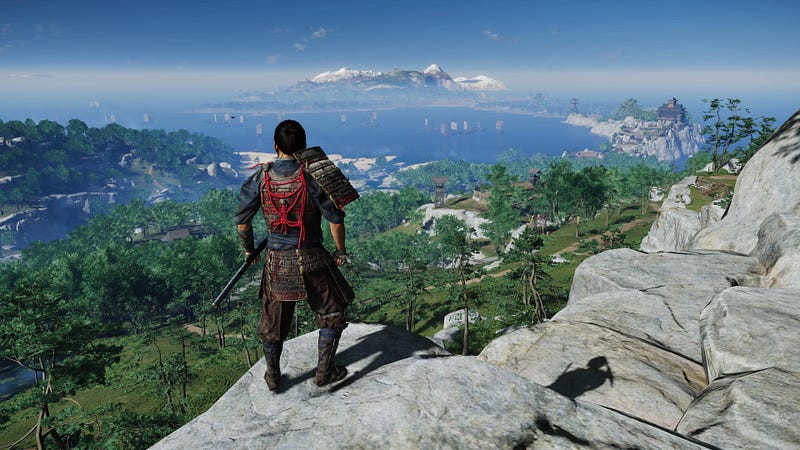
Yet, despite these advancements, many gamers find themselves nostalgic for the days of the PlayStation 1 and 2. The question is, why does playing a game not feel as good as it used to (for me at least), despite the graphical and technological improvements? It’s a fascinating and complex issue that’s been a source of debate among gamers and game developers alike but I’ll try to break it down to a couple of reasons and hope to make some sense.
The nostalgia factor
One possible explanation is nostalgia. When we were younger, video games were a novel and exciting experience. The thrill of discovering new worlds and embarking on epic adventures was unmatched. We’d spend countless hours playing and replaying our favorite games, not because we had nothing better to do, but because these games captivated us in ways that modern titles often fail to. Also, the limited access to first-generation handheld consoles and the absence of the internet made each game feel special and unique.
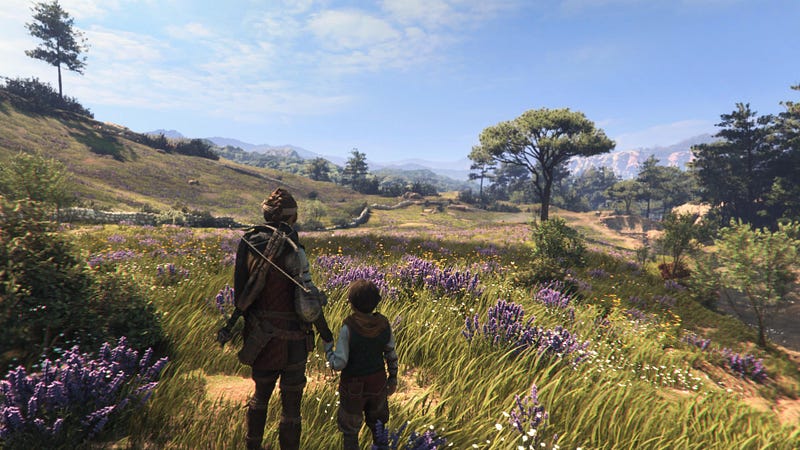
As adults, however, our perspective has changed. The responsibilities of adulthood — work, bills, relationships — leave us with less time and mental space to fully immerse ourselves in games. The pure, unadulterated joy we felt as kids is harder to recapture when our minds are preoccupied with adult concerns. The nagging thoughts of where the next dollar will come from, a demanding boss, or a complicated relationship can all detract from the gaming experience.
The issue of short attention spans
In today’s fast-paced world, we’re constantly bombarded with information and entertainment options. This constant stimulation has conditioned us to seek out the next new thing, often at the expense of fully enjoying what we currently have. This phenomenon is evident in the gaming community, where players frequently hop from one new release to the next, rarely spending the same amount of time on a single game as they did in the past.
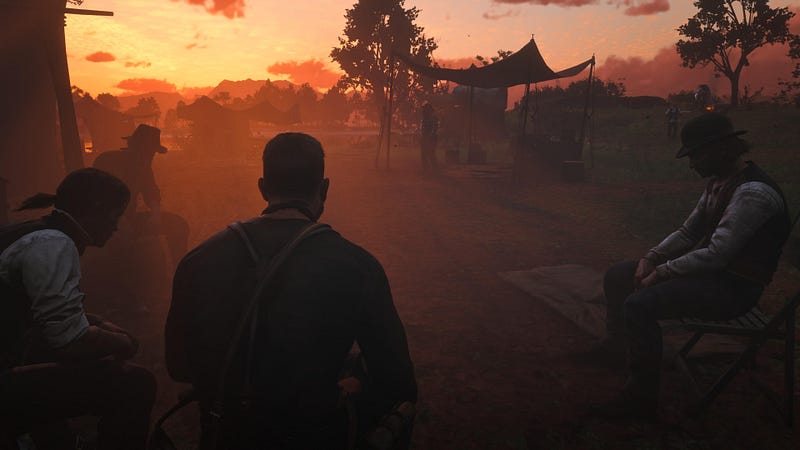
In the days of the PlayStation 2, players replayed games multiple times, not only because of the lack of new releases but also because each playthrough offered a chance to discover something new. Today, with the advent of the internet and social media, gamers are more inclined to move on quickly, driven by the fear of missing out on the latest trending game. This shift in behavior makes it harder for any single game to leave a lasting impact even though some still do.
The complexity of modern games
Despite their impressive graphics and intricate storylines, games today can sometimes feel overwhelming. The complexity and scale of triple-A titles can be both a blessing and a curse. While they offer rich, immersive experiences (RDR2, Elden Ring, TLoU, The Witcher 3 and more!), they also demand a significant investment of time and effort. For busy adults, this can be a daunting prospect.
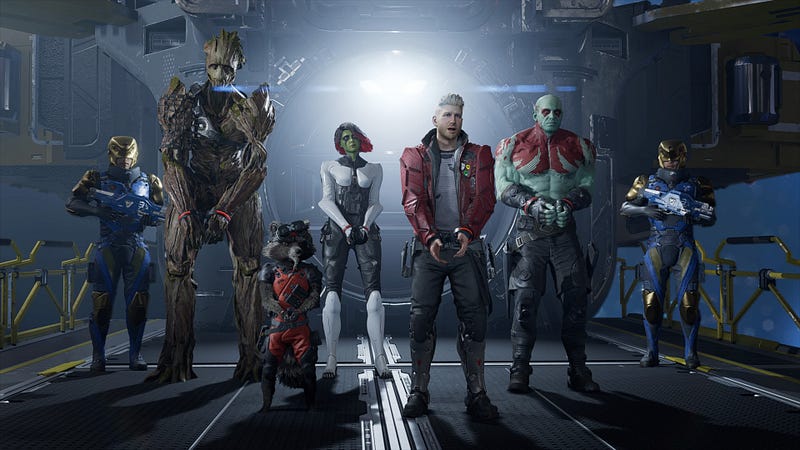
Ghost of Tsushima is the last game I’ve played with straightforward mechanics and clear objectives. Also, the constant updates and expansions in today’s games can make them feel like never-ending tasks (I see you CP2077: Phantom Liberty). Instead of providing a sense of completion, they often leave players feeling as if they are constantly chasing the next goal.
Searching for the right game
It’s also possible that many of us simply haven’t found the right game to reignite our passion for gaming. I recently found myself wanting to revisit the world of RDR2 and get lost in it all over again despite having a backlog of newer titles waiting to be touched. Thing is, the market is flooded with options and while there are undoubtedly fantastic games out there, finding one that truly resonates on a personal level can be challenging.
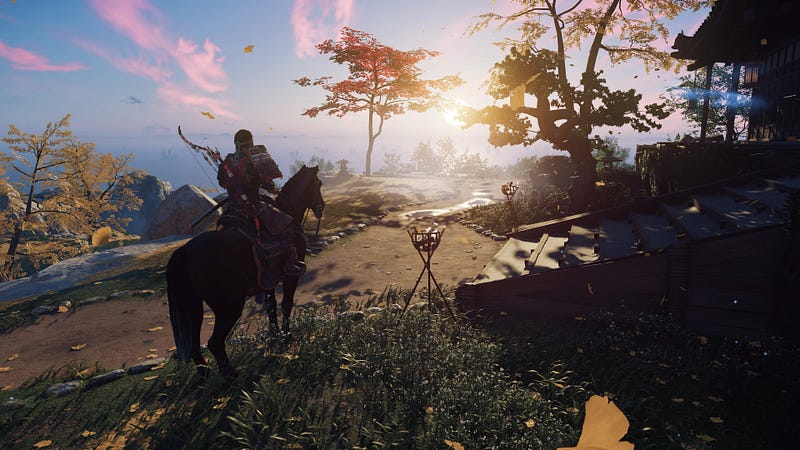
The games that defined our childhoods did so not just because of their quality but also because of the context in which we played them. They were new, exciting, and experienced through the lens of youth. Replicating that magic as an adult is inherently difficult.
Rediscovering the joy
So, what’s the real issue? Is it that being an adult inherently diminishes the joy of gaming unless you’re a professional esports gamer? Perhaps, to some extent it does. The responsibilities and realities of adult life naturally impact our ability to enjoy leisure activities in the same way we did as children. However, this doesn’t mean that the joy of gaming is lost forever. It may just require a bit more effort to find the right balance.
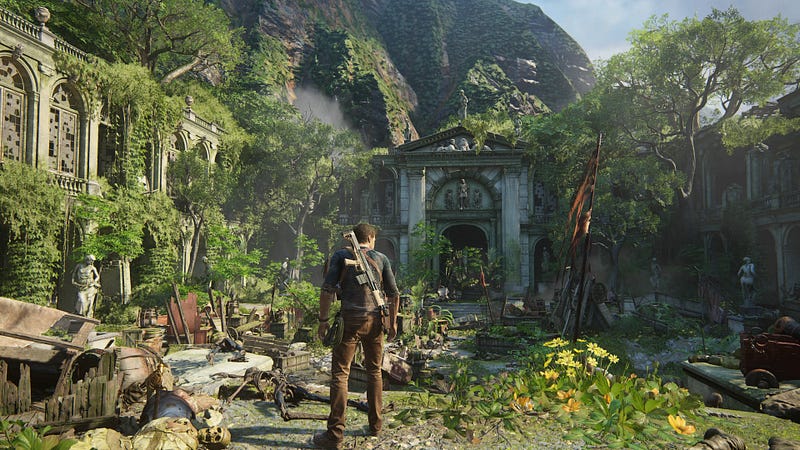
This could involve revisiting old favorites, exploring new genres, or simply allowing oneself to fully disconnect from everyday worries while playing. It’s about finding that spark, that game or moment that reminds us why we fell in love with gaming in the first place. While the landscape of gaming has undoubtedly changed, the core reason we play — to escape, to explore, and to experience something extraordinary — remains the same.





